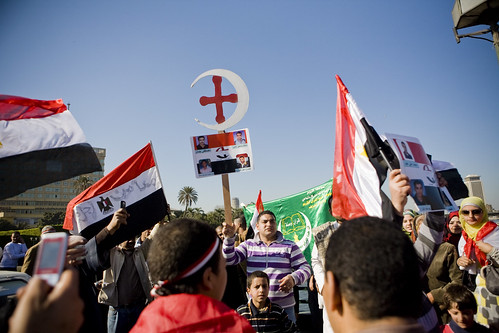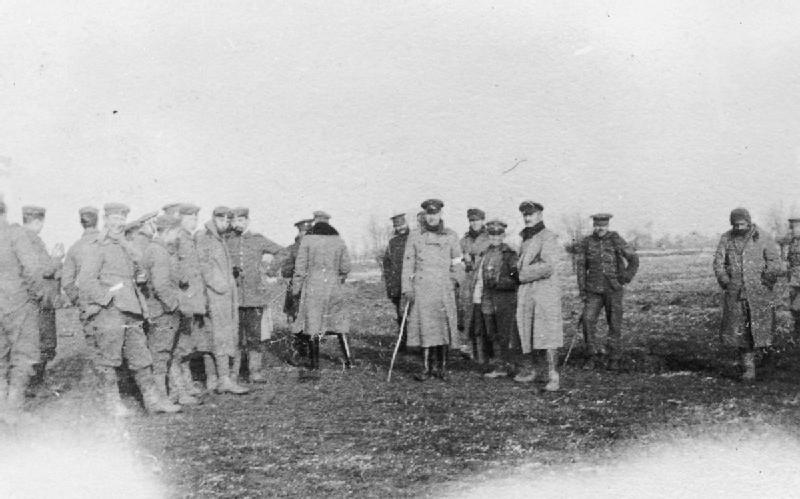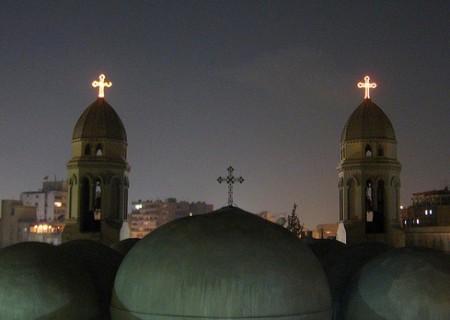
BRUSSELS – Recently, the human-rights activist, former Dutch politician, and Somali exile Ayaan Hirsi Ali wrote about a global war on Christians in Muslim countries. She discussed at length the appalling phenomenon of violent intolerance towards Christian communities, and cast blame on the international community and prominent NGOs for failing to address this problem.
In almost every part of the world, reports emerge on a daily basis of Christian communities falling victim to harassment and persecution. In Nigeria, on February 26, three Christians were killed and dozens wounded after a car bomb exploded close to a church in the northern town of Jos. At least 500 people have died during the last year in attacks attributed to the violent Islamist group Boko Haram, which has called for all Christians to leave northern Nigeria.
In East African states such as Sudan, Christians have been given an April 8 deadline to leave the north. The ultimatum will affect up to 700,000 Christians who were born in South Sudan before it became independent last year. In Eritrea, it is reported that 2,000-3,000 Christians are in detention, and that many have been tortured.


